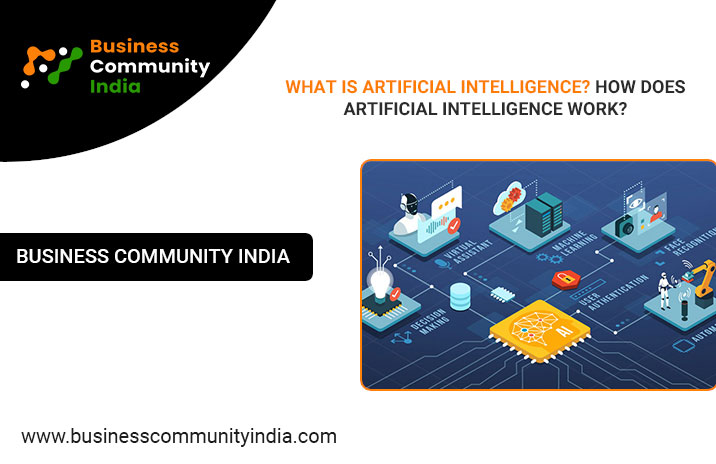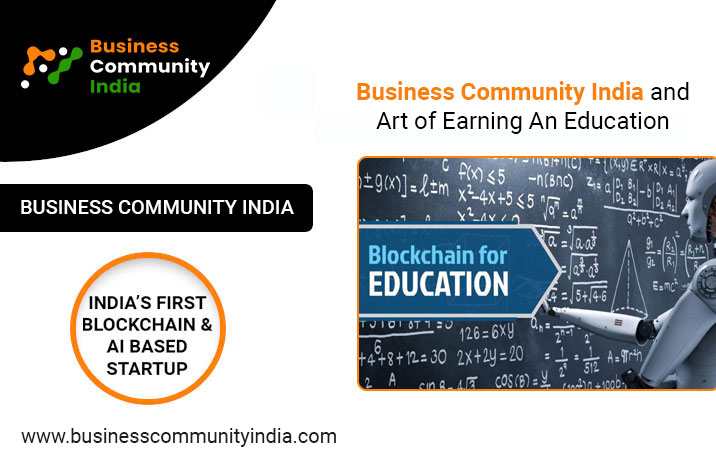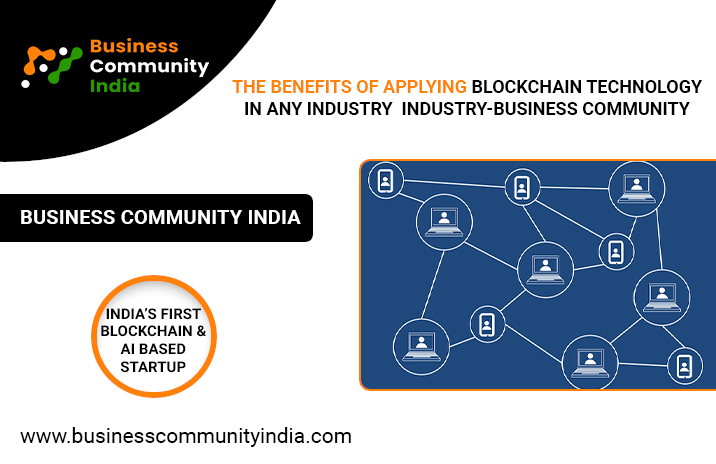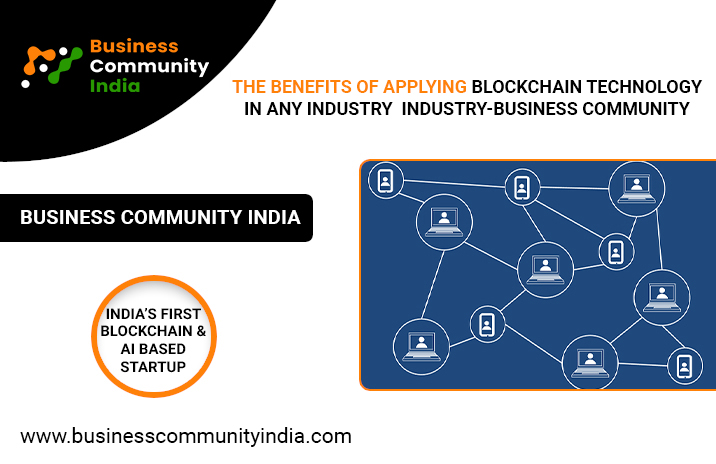
What is Artificial Intelligence? How does Artificial Intelligence work?
Artificial Intelligence is one of the emerging technologies that try to simulate human reasoning in AI systems. Researchers have made significant strides in weak AI systems, while they have only made a marginal mark in strong AI systems.
What is Artificial Intelligence?
Artificial Intelligence is the ability of a computer program to learn and think.
John McCarthy coined the term Artificial Intelligence in the year 1950.
He said, Every aspect of learning or any other feature of intelligence can in principle be so precisely described that a machine can be made to simulate it. An attempt will be made to find how to make machines use language, form abstractions, and concepts, solve kinds of problems now reserved for humans, and improve themselves.
How does Artificial Intelligence work?
Less than a decade after breaking the Nazi encryption machine Enigma and helping the Allied Forces win World War II, mathematician Alan Turing changed history a second time with a simple question: "Can machines think?"
Turing's paper "Computing Machinery and Intelligence" (1950), and it's subsequent Turing Test, established the fundamental goal and vision of artificial intelligence.
At it's core, AI is the branch of computer science that aims to answer Turing's question in the affirmative. It is the endeavor to replicate or simulate human intelligence in machines.
The expansive goal of artificial intelligence has given rise to many questions and debates. So much so, that no singular definition of the field is universally accepted.
The major limitation in defining AI as simply "building machines that are intelligent" is that it doesn't actually explain what artificial intelligence is? What makes a machine intelligent?
In their groundbreaking textbook Artificial Intelligence: A Modern Approach, authors Stuart Russell and Peter Norvig approach the question by unifying their work around the theme of intelligent agents in machines. With this in mind, AI is "the study of agents that receive percepts from the environment and perform actions." (Russel and Norvig viii)
The first two ideas concern thought processes and reasoning, while the others deal with behavior. Norvig and Russell focus particularly on rational agents that act to achieve the best outcome, noting "all the skills needed for the Turing Test also allow an agent to act rationally." (Russel and Norvig 4).
Patrick Winston, the Ford professor of artificial intelligence and computer science at MIT, defines AI as "algorithms enabled by constraints, exposed by representations that support models targeted at loops that tie thinking, perception and action together."
Popular Blogs
-

- How Secure Is Blockchain Technology Jul 7, 2021
-

- Zero investment business in India Jun 25, 2021
-

- How Will Blockchain Technology Change The World Apr 19, 2021
-

- Blockchain Trends in 2021 - Business Community India Feb 12, 2021
-

- Business Community India The Growth Partnership Feb 4, 2021
-

- Partnership With Business Community India Nov 30, 2020








